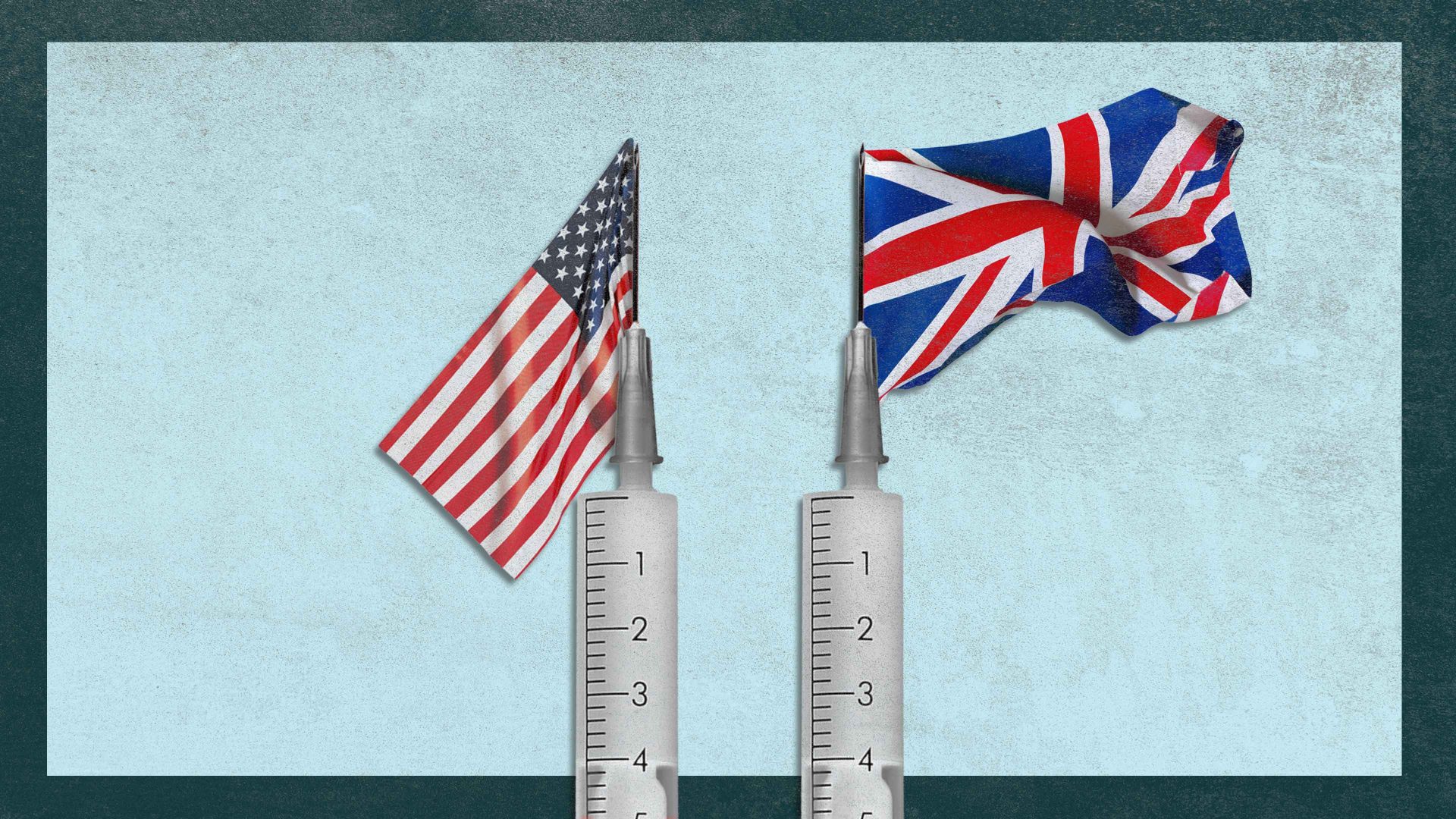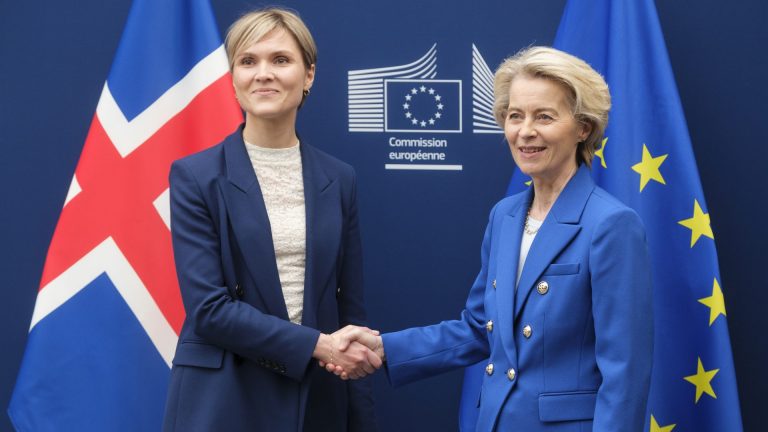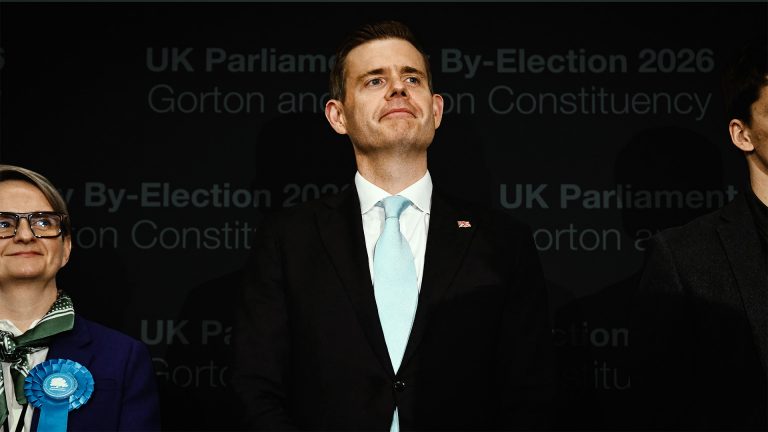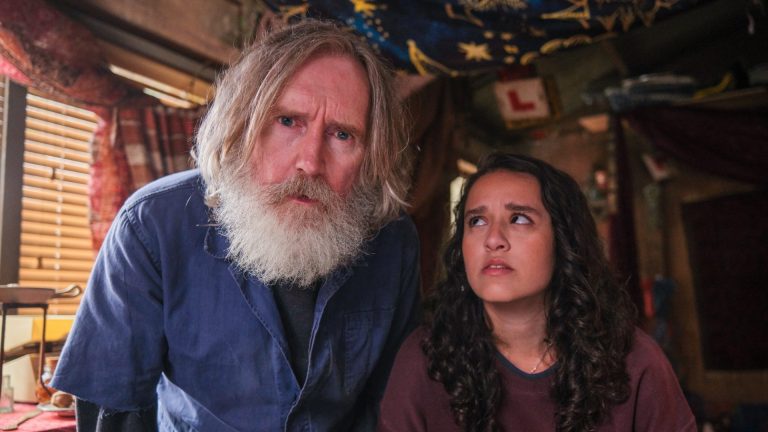Vaccination is one of the most powerful and proven ways to improve the health of the population. From the eradication of smallpox (which alone is estimated to have killed 300-500 million people in the 20th century) to the almost complete elimination of polio, vaccines work.
Vaccines prevent a wide range of viral and bacterial infections (such as pneumococcal and rotavirus infections, the largest causes of child death from pneumonia and diarrhea), widespread parasitic infections (such as malaria) and several common and highly fatal cancers (such as cervical cancer and liver cancer). We are on the verge of producing vaccines that can prevent and effectively treat other cancers. In the meantime, vaccine-preventable disease deaths have reduced by more than 70% contributing to a greater than 50% reduction in under-five child mortality.
So it is startling that the Trump administration is leading the United States in a rapid retreat from its long-standing stature as one of the most prominent vaccine innovators and supporters of wider availability of immunisation around the world. This is likely to weaken the world’s ability to protect as many people as possible from vaccine-preventable diseases, to reduce growing health costs and to prevent the next infectious disease outbreak before it becomes a health crisis potentially even more devastating than the Covid-19 pandemic.
Unless other countries step in to fill that void.
The United Kingdom, which has long been a scientific, humanitarian and geopolitical leader in support of global immunisation, is an obvious – though certainly not the only – candidate to help counteract the impact of this US retreat on the global vaccine ecosystem. Doing so would not only be good for the world, but for the UK itself.
An opportunity is there for the UK to build on its already considerable existing scientific and technological capacity to innovate new vaccine advances and provide its citizens – and the world – with sufficient supply. The UK’s Medicines and Healthcare products Regulatory Agency (MHRA) continues to be driven by science and has global credibility. Also, the UK has been indispensable to the growth of successful global immunisation initiatives over the last few decades.
In addition to the material resources it can provide, the UK’s moral example could rally others to join efforts such as the way the global vaccine summit hosted by then-prime minister Boris Johnson in 2020 that brought 42 political leaders (including all seven from the G-7 and 19 of 20 from the G-20) in support of Gavi, the Vaccine Alliance, global immunisation and COVAX, the just-launched facility to ensure equitable worldwide distribution of Covid-19 vaccines.
The American turnabout in global health, generally and vaccine innovation especially has been chilling to watch. Trump has severed ties with the World Health Organization; slashed research funding at the National Institutes of Health, including for vaccine research; and eliminated the US Agency for International Development, long a backbone of support for worldwide immunisation efforts.
The administration has also destabilised the Centers for Disease Control, threatening, among many initiatives, effective health system-strengthening programs in dozens of low- and middle-income countries.
Health secretary Robert F Kennedy Jr., one of the world’s most visible and tenacious voices of disinformation about vaccine safety and efficacy, fired all 17 members of the expert advisory committee on immunisation practices and replaced them largely with figures who lack the appropriate expertise and are better known for their antivaccine stands. Likewise, he has weakened vaccine recommendations for American adults and children.
At a high-profile gathering of global leaders in June, secretary Kennedy also announced a withdrawal of the US government’s previous pledge of $1.5 billion over five years to Gavi, the primary mechanism for broadening vaccine coverage in low-income countries over the last 25 years.
As if all that was not troubling enough, there was the stunning announcement in August that the US government was canceling about a half-a-billion dollars in funding for further research to unlock the apparent promise of mRNA technology, alongside a previous decision to withdraw a contract of nearly $600 million to create mRNA H5N1 Avian Flu vaccines. (Since then, however, there have been reports that the US Department of Defense will support some of the mRNA research.)
mRNA platforms made it possible to develop and deploy the Covid-19 vaccine in 327 days, faster than any other previous vaccine by an order of magnitude. Our best projections conclude there is about a 50% chance another pandemic of Covid’s scale (more than 25 million deaths worldwide) will emerge in the next 20 to 25 years. Defunding research into mRNA will quite simply leave the world without one of the best tools to rapidly fend off the next big one.
One has to wonder if this American retreat might be driving recent investment into the UK’s biomedical R&D. In late September, the UK government and Moderna, the Massachusetts-based company that produced one of the most widely administered mRNA Covid-19 vaccines during the pandemic, announced it would invest more than £1 billion in UK R&D programs.
Suggested Reading


Is science failing, or are we failing science?
At about the same time, the University of Oxford’s Oxford Vaccine Group unveiled a new £118 million strategic partnership with the Ellison Institute of Technology (founded by US tech leader Larry Ellison) to use artificial intelligence to advance vaccine research. OVG teamed up with AstraZeneca to create a highly consequential viral vector vaccine during the Covid-19 pandemic and has worked on vaccines for, among other pathogens, Ebola, MERS, malaria, RSV, Nipah and typhoid.
Likewise, though much earlier this year, BioNTech said it would spend up to £1 billion over the next 10 years building out R&D centers, including one in Cambridge focused on genomics, oncology, structural biology, and regenerative medicine. That’s the same German company that developed the first approved mRNA-based vaccine and teamed with Pfizer to produce one of the most widely used Covid-19 vaccines.
Though it may be too soon to say so conclusively, we may be seeing the early stages of a growing shift of investments like these away from the US, which has historically been the world’s biggest investor in vaccines, including those built on mRNA technologies, and into more hospitable countries like the UK.
There are questions, however, about how well positioned the UK is to seize this opportunity. Some pharma companies have complained about the UK government’s reduced investments in biomedical R&D.
That’s reportedly one of the reasons prompting US-based vaccine leader Merck to abandon plans to develop a £1-billion research facility in London, AstraZeneca, a British-Swedish multinational to “[rethink] a £200-million expansion of its research site in Cambridge,” and other big pharma companies to hesitate to expand their investment in the UK
The UK also has an opportunity to build on its sterling record as a leader in the movement to make lifesaving vaccines available to more children in the world’s poorest countries. The UK has not only been the biggest funder of Gavi, which now supplies vaccines to half the world’s children. It also played a critical role – since Gavi’s inception in 2000 – in the organisation’s long-term strategy and in the development of new innovations for financing.
But there’s rightful concern that the UK, which, along with other traditional donors, enacted cuts to foreign assistance earlier this year to make way for other priorities. That translated into a 25% cut in the UK’s multi-year contribution to Gavi. In addition to reductions from other countries, especially the US withdrawal, that will surely weaken the Alliance’s capacity to continue to provide vaccines and extend vaccine coverage to the roughly 10% of the world’s children who currently don’t have it.
The UK is certainly not the only country that can – and, if I may say, should – help shore up the challenges to the US’s actions impose on global immunisation. Europe, which is known for leading-edge vaccine R&D, massive vaccine production and strong past support for global immunisation, can clearly play a major role. So can India, the largest vaccine supplier in the world by volume (more than 60% of total global supply).
Suggested Reading


Why is Trump’s America anti-science?
Barring geopolitical complications, China, too, could be a factor in the future of global immunisation. The Chinese government has invested hundreds of billions of dollars into building a high-quality and high-volume vaccine innovation and manufacturing sector.
Vaccine-preventable diseases in the past accounted for a substantial percentage of child deaths and could come roaring back if we pull back from immunisation. New outbreaks are evolutionarily certain given the increase in population, and global travel and the pressure of migration, urbanisation and the spread of disease vectors due to climate change.
Our best hope to keep our populations safe from infectious diseases is to continue scientific research, implement vaccine policies based upon the best science and provide sufficient access across the globe.
Dr Seth Berkley served for 12 years as CEO of Gavi, the Vaccine Alliance and is the author of Fair Doses: An Insider’s Story of the Pandemic and the Global Fight for Vaccine Equity, published by the University of California Press










